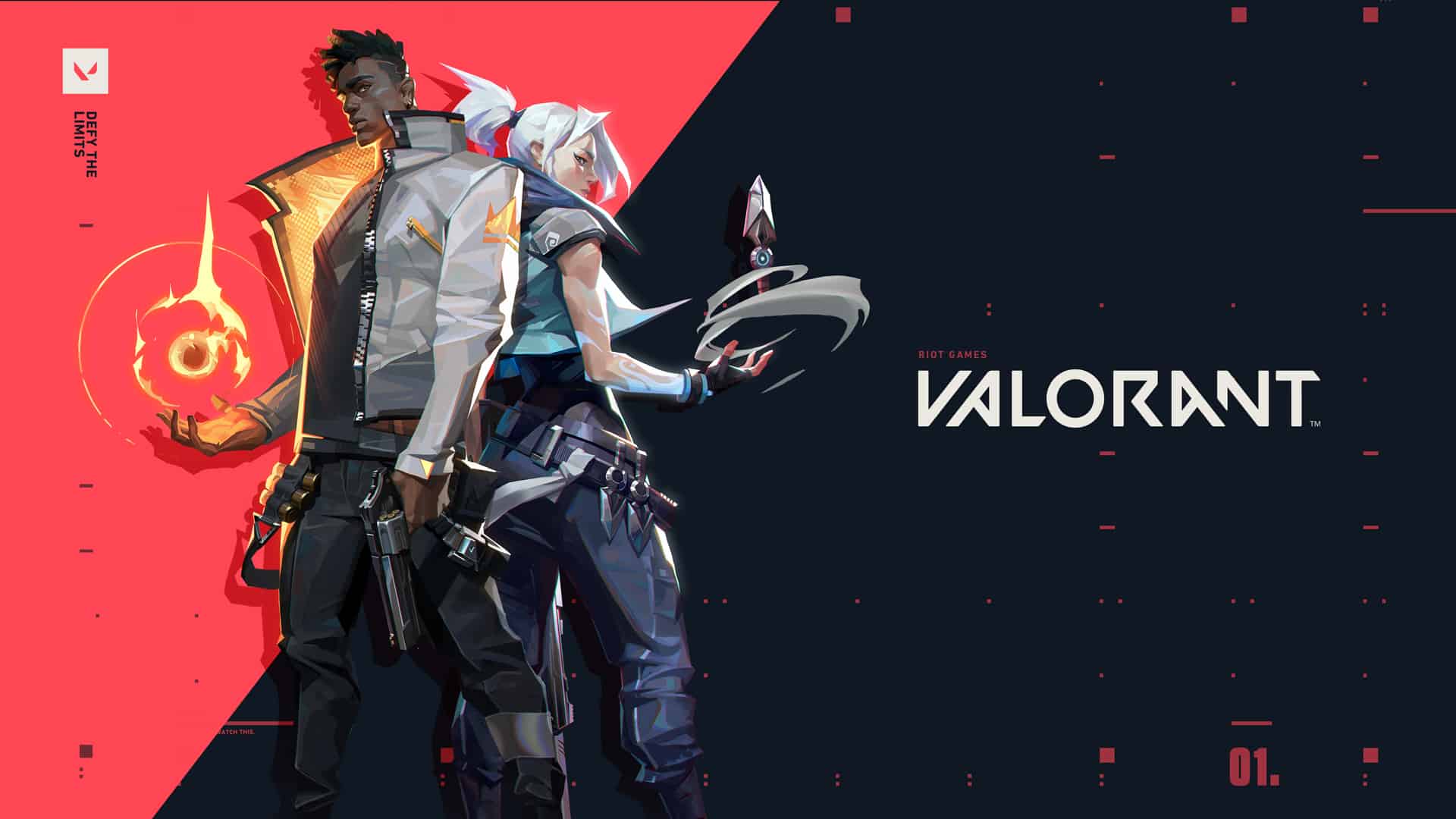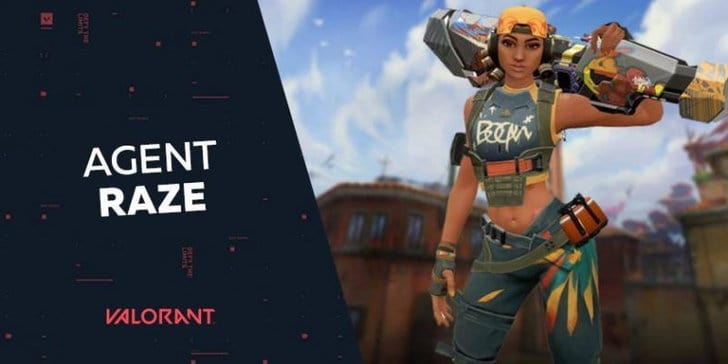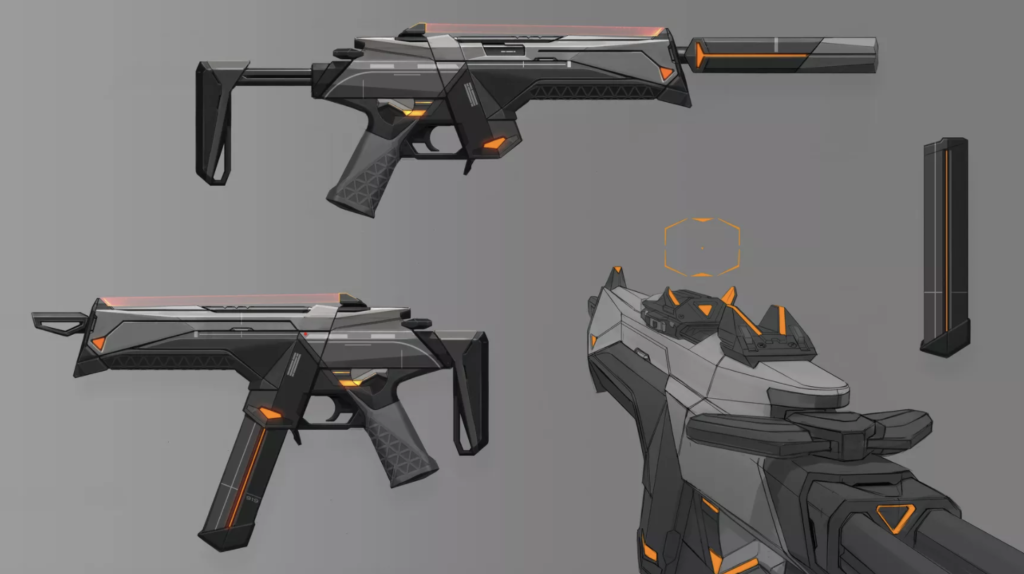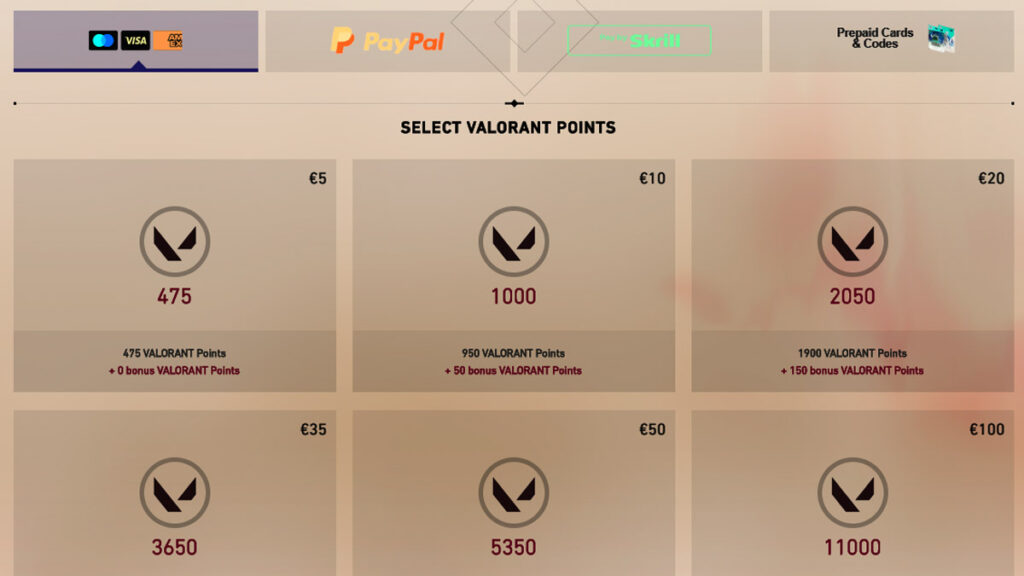
Valorant: Parents Guide to the Next “Fortnite”
“Valorant is cutthroat, punishing, and addictive as hell” –Cecilia D’Anastasio
Valorant is the highly anticipated first-person shooter game released by Riot Games on June 2, 2020.
The game was originally called Project A but has since changed to Valorant. It is developed by Riot Games, the makers of League of Legends – one of the most popular games over the past decade. The hype is real!
On the day of closed beta release, Valorant reached a million concurrent viewers on Twitch. It also trended on Twitter when the game wasn’t playable by the general public yet. These numbers beat the launch viewership of popular games like Apex Legends and Call of Duty: Warzone.
.@Slasher first reported this, but find it pretty fascinating. @PlayVALORANT influencer content, as of this tweet, has 941,000 viewers and @riotgames didn't pay a cent for people to participate in last weekend's bootcamp. The same can't be said for other games.
— Jacob Wolf (@JacobWolf) April 3, 2020
What is Valorant?
Valorant is a competitive 5v5 first-person shooter character-based game. It is designed to compete as an esports against Valve’s Counter-Strike series that has been immensely popular over the last 20 years. Similar game titles include Overwatch, Rainbox Six Siege and Call of Duty.
According to Polygon, “Each match has 25 total rounds; the first team to win 13 rounds wins the match.”
With Riot Games’ experience in developing esports infrastructure through League of Legends, all signs point to a global esports network for Valorant as well and many professional teams have already formed.
Related: What is Esports?
Valorant Agents

Valorant is similar to a FPS-game like Overwatch whereby players select unique “characters” (called Agents in Valorant) to play within each match. Unlike Overwatch, in Valorant you will be unable to change your agent within the match itself.
Agents come with unique skills and abilities. Some will be simple such as the ability to use smoke to hide certain areas of the map. Other abilities will be more powerful such as reviving an ally or creating walls out of thin air. Some agents will even be able to perform a short-range dash!
An example of an agent is Raze. Her abilities include:
- Blast Pack: Instantly throw a Blast Pack that will stick to surfaces. Re-use the ability after deployment to detonate, damaging and moving anything hit.
- Cluster Grenade: Fire to throw the grenade, which does damage and creates sub-munitions, each doing damage to anyone in range
- Boom Bot: Fire will deploy the bot, causing it to travel in a straight line on the ground, bouncing off walls. The Boom Bot will lock on to any enemies in its frontal cone and chase them, exploding for heavy damage if it reaches them.
- Showstopper: Fire shoots a rocket that does massive area damage on contact with anything.
Riot Games have a lot of success with a similar “Champions model” in League of Legends. Thus Valorant’s agent-based gameplay is anticipated to be popular as well. New agents are likely to be added regularly.
Monetization Strategy

Credit: Riot Games
New details are emerging about Valorant’s monetization strategy.
- The game is free-to-play game with the opportunity to spend money within the game.
- No randomized loot boxes which is a good step to keep simulated-gambling features out of games played by children.
- Weapon skins will be available either by purchasing the Battle Pass or purchasing them directly.
- Battle Pass system will be available and pricing isn’t released yet but these typically cost around $10-20 and last 2-3 months.
- In-game currency will be available for purchase with real money or by earning it through gameplay.
Data leaks thus far show an extensive weapon skins system built into the game, with as many as 45 variations of a weapon.

Spending in Valorant occurs using Valorant Points (VP). This is an in-game currency purchased with real money. The game contains a lot of opportunities to spend Valorant Points throughout the game. To review how much you have spent in the game, review your Valorant purchase history.
All 45 variants/skins for the weapons in the game: pic.twitter.com/Bkc3pvJuvM
— 🎄 Santa Ricky 🎄 (@FireMonkey__) April 4, 2020
Riot’s commitment thus far to not have randomized loot boxes is a step in the right direction to keep simulated-gambling features out of a game that will be played by children. Of course, with the game still in development that can change at any moment.
Related: An Introduction to Loot Boxes, Microtransactions, and In-App Purchases
This is an important layer of transparency by a game company during a time whereby transparency and social responsibility in the industry is hard to come by.
Addictive nature of Valorant
Valorant is a game that can be addictive for some players, especially those who are competitive. If Valorant addiction is a concern, you may consider deleting your Valorant account.
On Game Quitters we can support you or someone you care about to get rid of their gaming addiction. Check out our specialist programs for gamers and parents:
Respawn is for gamers who want to quit gaming and improve their life.
Reclaim is to help families manage problematic gaming at home.
Take the first step and book a Gameplan call to discuss your situation with someone who understands problem gaming.
